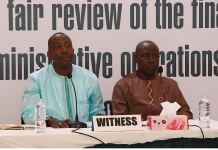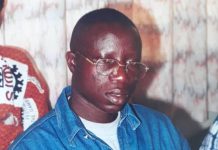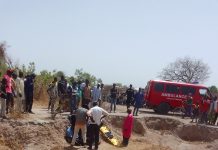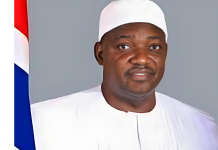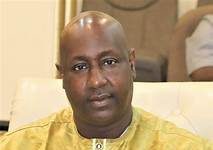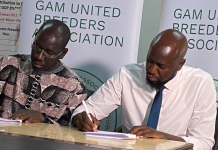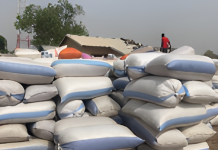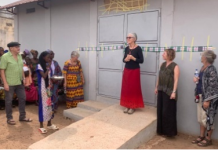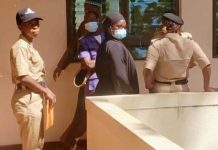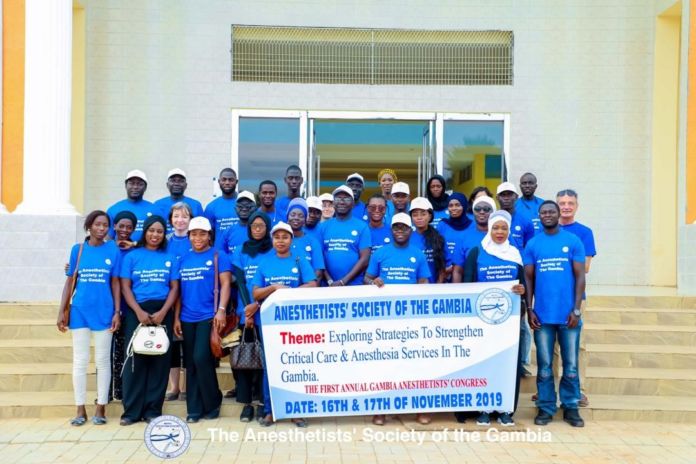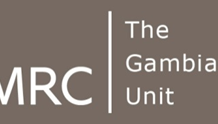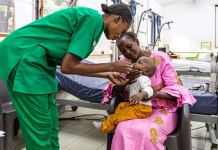By Madi S. Njie and Ndey Sowe
Nita Pillai, head of programmes at the World Federation of Societies of Anaesthesiologists (WFSA) quoting 2015 report by the Lancet Commission on Global Surgery estimated that 5 billion of the world’s 7 billion people do not have access to safe, affordable anaesthesia and surgical care when needed.
She added that the World Bank’s Disease Controls Priorities Report highlighted the cost of surgical care, and the substantial disparities that exist in the safety of care in low and middle-income countries, as demonstrated by high perioperative mortality rate including anaesthesia-related deaths.
Madam Pillai was speaking at the opening ceremony of the Anesthetists’ Society of The Gambia’s first annual congress held at the American International University in Kanifing around the Bertil Harding Highway- opposite Independence Stadium last Saturday- 16thNovember 2019.
She said a number of recent studies have highlighted major inequalities in the provision of safe anaesthesia and surgery worldwide.
Pillai further said globally, anaesthesia is facing a workforce crisis. “The WFSA is the first organisation to conduct a global survey of the anaesthesia workforce and we found that an additional 136,000 physician anaesthesia providers are needed immediately to reach an acceptable level of provision.
“The lack of access to a trained anaesthesia workforce is a major barrier to safe surgical care in many settings.
“In high income countries we are used to ratios of 20 anaesthesiologists per 100,000 population (or higher) and we experience very low mortality from anaesthesia. Yet, in many countries in Sub-Saharan Africa there is less than 1 per 100,000 and in some case it is a low as 0.1 per 100,000. This is wrong and cannot be allowed to continue,” she stressed.
Nita said WFSA comprise 137 National Societies drawn from over 150 countries across the world.
She said: “WFSA’s mission is to improve patient care and access to safe anaesthesia. Our global membership makes us very well placed to achieve these goals. We are proud of over 60 years of working as a Federation and together with our partners and members. We have made a lot of progress. However there is still a long way to go,” she observed.
Speaking further, Madam Pillai said in 2015 at the 68th World Health Assembly, resolution 68.15 was passed which called for the strengthening of emergency and essential surgical care and anaesthesia as a component of universal health coverage. “This was passed unanimously by Member States, including The Gambia, and is a potential game changer for the 5 billion people without access to safe anaesthesia IF the right steps are taken,” she said.
She said Eric Vreede one of the presenters in the Congress co-authored a recent paper in the BMJ Global Health journal which estimated that at least 4 physician anaesthesia providers per 100,000 are needed to achieve a reasonable standard of healthcare. “However many countries do not achieve this number. Given the need to start improving patient care now, alternative and innovative strategies in LMICs like task-sharing with NPAPs will be needed to expand the anaesthesia workforce more quickly,” she recommends.
She said Unity, Safety, Access are WFSA’s approaches.
She went further: “We seek to unite anaesthesiologists and anaesthesia providers to improve patient care and ensure universal access to safe anaesthesia and perioperative care.
She said programmes and activities have been developed aimed at tackling the key barriers to access, run in partnership with member societies and other organisations that share their goals. “We have official liaison status with the WHO, are a founding member of the G4 Alliance and work with governments, NGOs, hospitals and other key stakeholders.
“Through our advocacy, the WFSA has highlighted the essential leadership role of anaesthesiologists and non-physician anaesthesia providers in achieving UHC,”she said.
She noted that Anaesthesia Facility Assessment Tool (AFAT) has been developed to gather data about workforce, equipment, medicines and practices at hospital level; for advocacy, and for National Anaesthesia Plans development.
She recounted on the collaborative work with WHO in 2018 to update the International standards for Safe Practice of Anaesthesia, and encouraged The Gambia to continue work towards enhancing standards, which are crucial to improving access to safe surgery, saving lives and strengthening health systems.
“Perhaps most significant is the work we have done to improve anaesthesia human resource capacity, an essential component in achieving Universal Health Coverage. This has been done through anaesthesia training and education programmes across the world which seek to upskill the anaesthesia workforce in critical issues around obstetric and paediatric care, as well as simulation and EPM.”
She looks forward to working with ASOGAM to bring a range of education and training opportunities to its membership in The Gambia.
